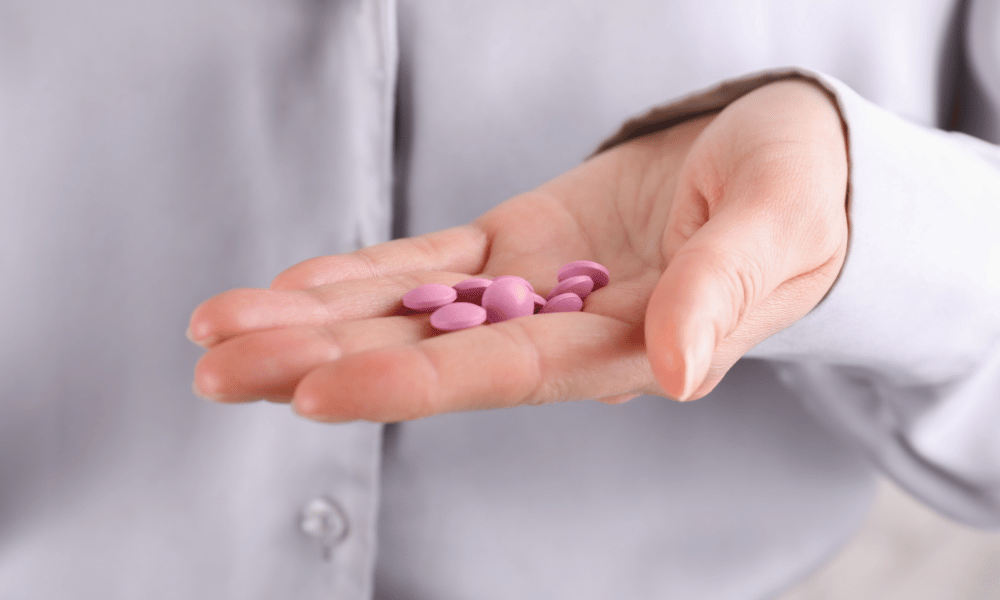
Do Antidepressants Affect Female Fertility? Antidepressants, widely used to treat various mental health disorders, have been the subject of numerous studies concerning their potential side effects. One area of interest is their impact on female fertility. As women of reproductive age may need these medications, understanding their effects on fertility is crucial. This blog post delves into the latest scientific research to shed light on the relationship between antidepressants and female fertility.
Understanding Antidepressants
Antidepressants are a class of drugs used to treat conditions such as depression, anxiety disorders, and some pain syndromes1. They work by balancing chemicals in the brain that affect mood and emotions. However, like all medications, they can have side effects, which may potentially include an impact on fertility.
The Impact of Antidepressants on Female Fertility
Studies suggest that antidepressants might have an effect on the natural fertility in women2. For instance, psychotropic agents like antidepressants can affect the hypothalamic-pituitary-gonadal (HPG) axis, which consequently can affect menstrual cycling in women3.
SSRIs and Fertility: What Does the Research Say?
Selective serotonin reuptake inhibitors (SSRIs) are a common type of antidepressant. Some studies have examined the effects of SSRIs on fertility potential and infertility treatment success, but the results are not conclusive4.
Antidepressants and Infertility-Related Stress
Women experiencing infertility often report high levels of stress, which can lead to depression and anxiety. Some studies suggest these women have a higher chance of being prescribed antidepressants5. However, it’s important to note that this doesn’t imply causation. Instead, it highlights the complex interplay between mental health and fertility.
The Effect of Antidepressants on IVF Outcomes
Some research has examined the association between antidepressant use and in vitro fertilization (IVF) outcomes. However, more research is needed to draw definitive conclusions6.
Conclusion
The relationship between antidepressants and female fertility is complex and still being explored. While some studies suggest potential effects, more research is necessary to fully understand the implications. It’s crucial for women of reproductive age who need these medications to have open conversations with their doctors about the potential risks and benefits.
FAQs
Do antidepressants affect female fertility?
Some studies suggest that antidepressants might have an effect on the natural fertility in women.
Can SSRIs affect fertility?
Some studies have examined the effects of SSRIs on fertility potential and infertility treatment success, but the results are not conclusive
Can antidepressants affect IVF outcomes?
Some research has examined the association between antidepressant use and in vitro fertilization (IVF) outcomes. However, more research is needed to draw definitive conclusions.
Can infertility-related stress lead to antidepressant use?
Women experiencing infertility often report high levels of stress, which can lead to depression and anxiety. Some studies suggest these women have a higher chance of being prescribed antidepressants.
Should women of reproductive age stop taking antidepressants?
Women of reproductive age who need these medications should have open conversations with their doctors about the potential risks and benefits. Decisions should be made based on individual circumstances and medical advice.
